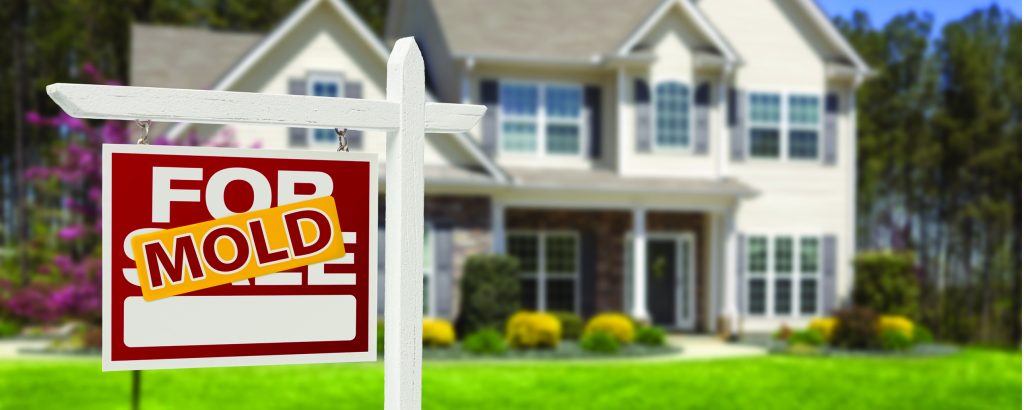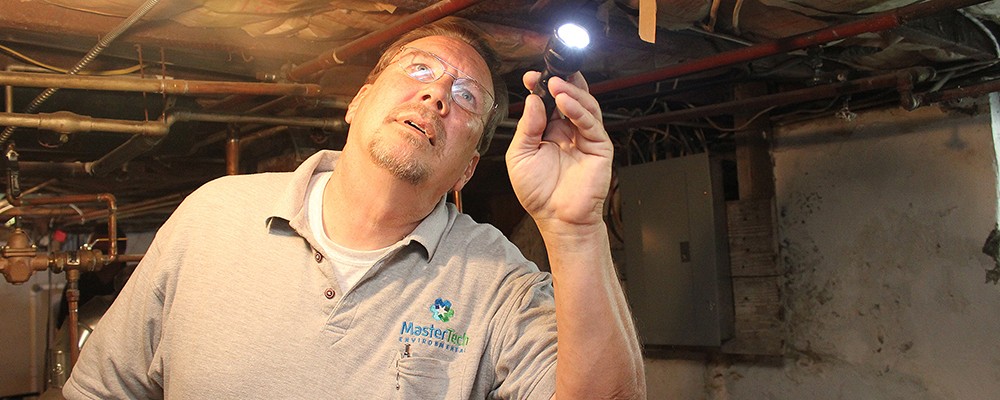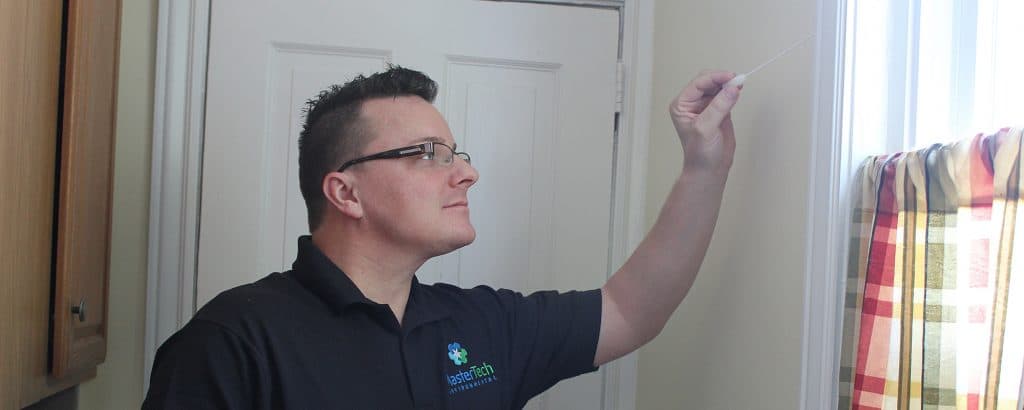
Purchasing a mold-infested property can be a risky proposition for home buyers. Mold, on the other hand, does not necessarily have to be a deal-breaker. Almost every mold problem may be solved if you follow the appropriate measures and engage the proper people to assist you. Don’t give up on a for-sale house just yet if you find a probable mold problem. While unattended mold development can reduce property value, cause major property damage, and pose health risks, as long as the seller effectively eliminates the mold and resolves the moisture source, you should be able to establish a completely safe home with lasting memories in your newly bought home. As a home buyer, you should get the property examined for mold so you know exactly what you’re getting into. Mold examinations for house purchasers might reveal critical details about your future home.
Should Home Buyers Get A Mold Inspection?
Buying a house with mold may seem frightening, but there are actions you can take as a buyer to protect yourself and ensure that you are making the best investment possible. Mold must be taken seriously by both home buyers and sellers. Mold is a significant issue that has to be addressed, but it doesn’t have to be a deal-breaker. A mold inspector in New Jersey who has been properly educated and certified will be able to do a thorough mold inspection to establish whether there is a mold problem, what caused it, how serious it is, and how to properly remove it. A professional mold inspection may be a helpful resource for information about your ideal home for NJ purchasers. Obtaining a mold inspection throughout the course of a real estate acquisition is just prudent. If the inspection uncovers a problem, the buyer can inform the seller and discuss the best course of action for removing the mold. The home buyer will have peace of mind moving ahead if the examination finds a clean and safe indoor environment.
New home buyers frequently choose to avoid a mold check prior to closing. Buyers frequently rely on a general home inspection to uncover any possible issues with the property. Buyers in South Jersey should be aware, however, that house inspectors are not obliged to be trained in mold detection. They’re not mold inspectors; they’re house inspectors. While most home inspectors have adequate knowledge and expertise to spot any obvious symptoms of moisture or organic growth, a house inspector may miss the more subtle indicators of mold that a mold inspector has been particularly trained to spot. Your home inspector is in charge of inspecting the house’s physical structure as well as vital interior systems such as plumbing & HVAC systems. A home inspector may accidentally identify a mold problem, but a mold inspector’s inspection is specifically geared to look for mold and underlying moisture issues. If you’re planning to buy a home in South Jersey, you should have a mold inspection in addition to any other examinations.
Selecting the Best Mold Removal Company in South Jersey
If increased mold levels have been discovered in a New Jersey home for sale, the contaminated areas must be carefully remediated by a South Jersey mold remediation business. Buyers do not have to abandon a property simply because it has mold. Mold development inside may be safely and successfully eradicated by mold treatment professionals. It only has to be done appropriately by adhering to the necessary cleaning processes and safety guidelines. Mold is a bio-contaminant that needs professional cleansing and eradication. It’s critical to work with the best mold removal business in New Jersey for the job. Mold treatment that isn’t done properly can cause cross-contamination in previously clean areas, cause further property damage, and lower the home’s resale value in the future.
New Jersey home buyers should do their homework and understand what to look for in a mold treatment firm. You should pay particular attention to the mold treatment procedure while seeking a mold professional. Mold treatment performed by a properly educated organization should follow these broad standards at a minimum:
- Personal protective equipment, including but not limited to respiratory, skin, and eye protection, should be worn by all mold treatment technicians.
- To maintain correct environmental controls and avoid cross-contamination, negative air containment with HEPA filters should be built.
- Contaminated and non-salvageable building components and contents will be carefully removed, packaged, and disposed of.
- Mold remediation professionals will execute a full cleanup that includes HEPA-vacuuming of surface spores, antimicrobial surface cleaning, embedded mold root removal and cleanup, re-HEPA-vacuuming of all surfaces, and application of an antimicrobial-infused mold resistant encapsulate to all cleaned surfaces.
Your mold remediation specialist will offer you useful information on mold prevention and moisture management once the mold removal has been completed. Mold removal is critical, but prevention is just as crucial. As a home buyer, you want to make every effort to keep the atmosphere mold-free and protect the value of your home.
Verification Testing After Mold Remediation in New Jersey
The value of a professional and complete mold treatment cannot be overstated. When negotiating the parameters of a mold remediation in a real estate property, add post-remediation verification (PRV) testing as a prerequisite to confirm that the mold remediation was successful. As part of their quality assurance, certain mold removal businesses in New Jersey will provide PRV testing with each remediation. It is OK if you, as the buyer, have faith in the organization the seller has chosen and feel their tests will suffice. If you have any concerns about the mold remediation process, you should hire a third party to do a clearing mold inspection with PRV testing. The clearance mold inspection and testing procedure resembles the original mold inspection procedure in appearance. If mold testing was performed prior to remediation, PRV test samples should be taken from the same general regions to ensure consistency in the results.




